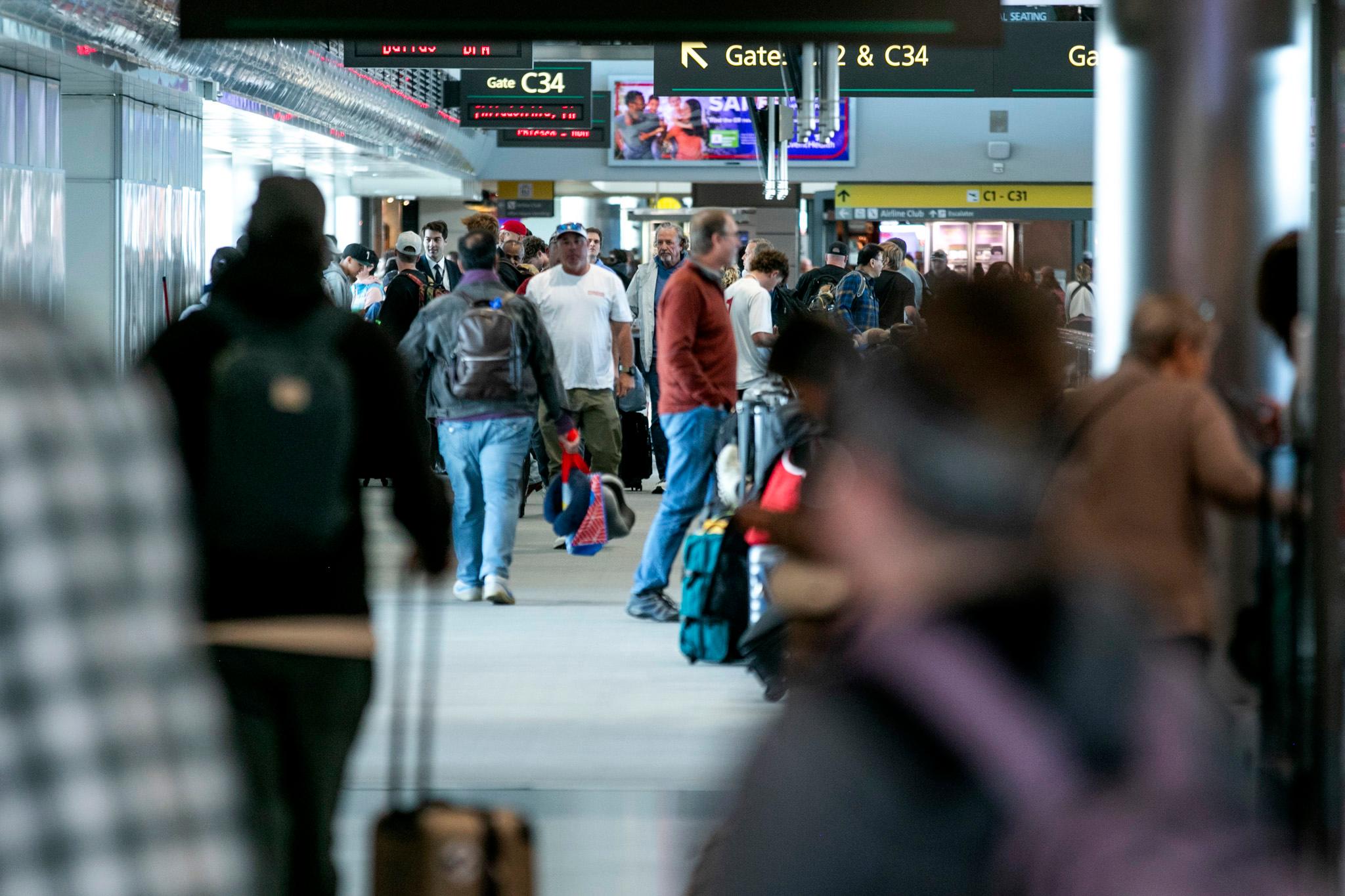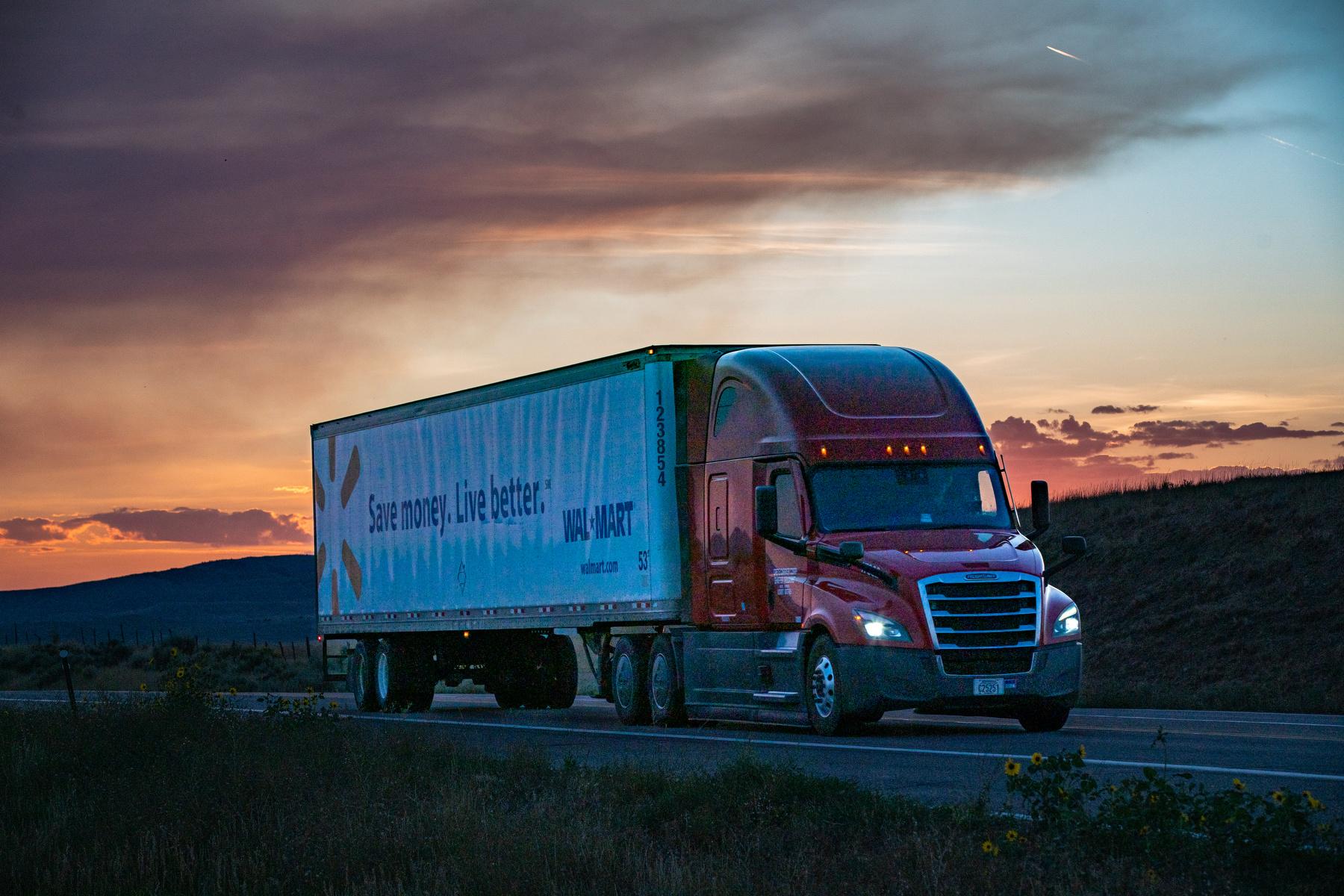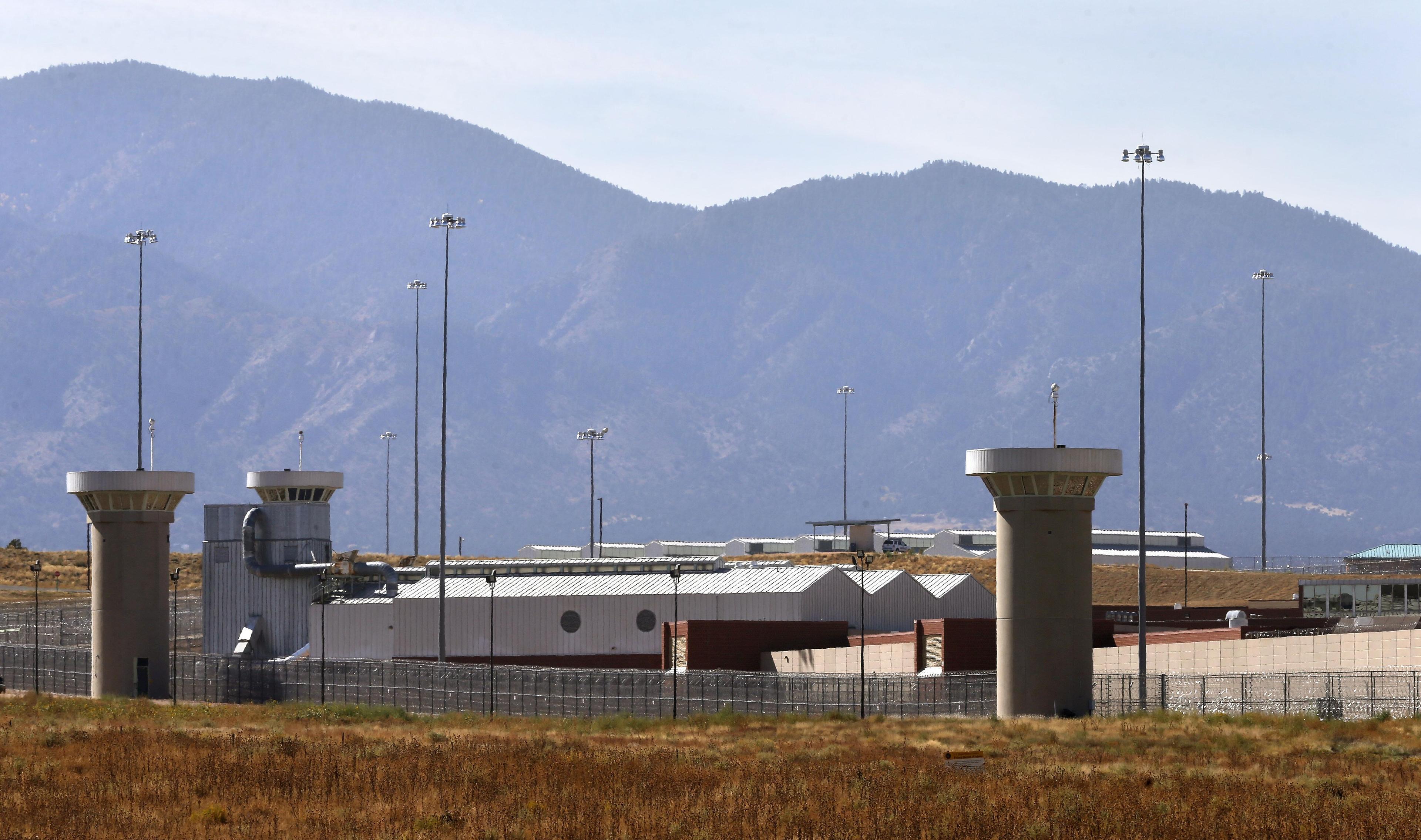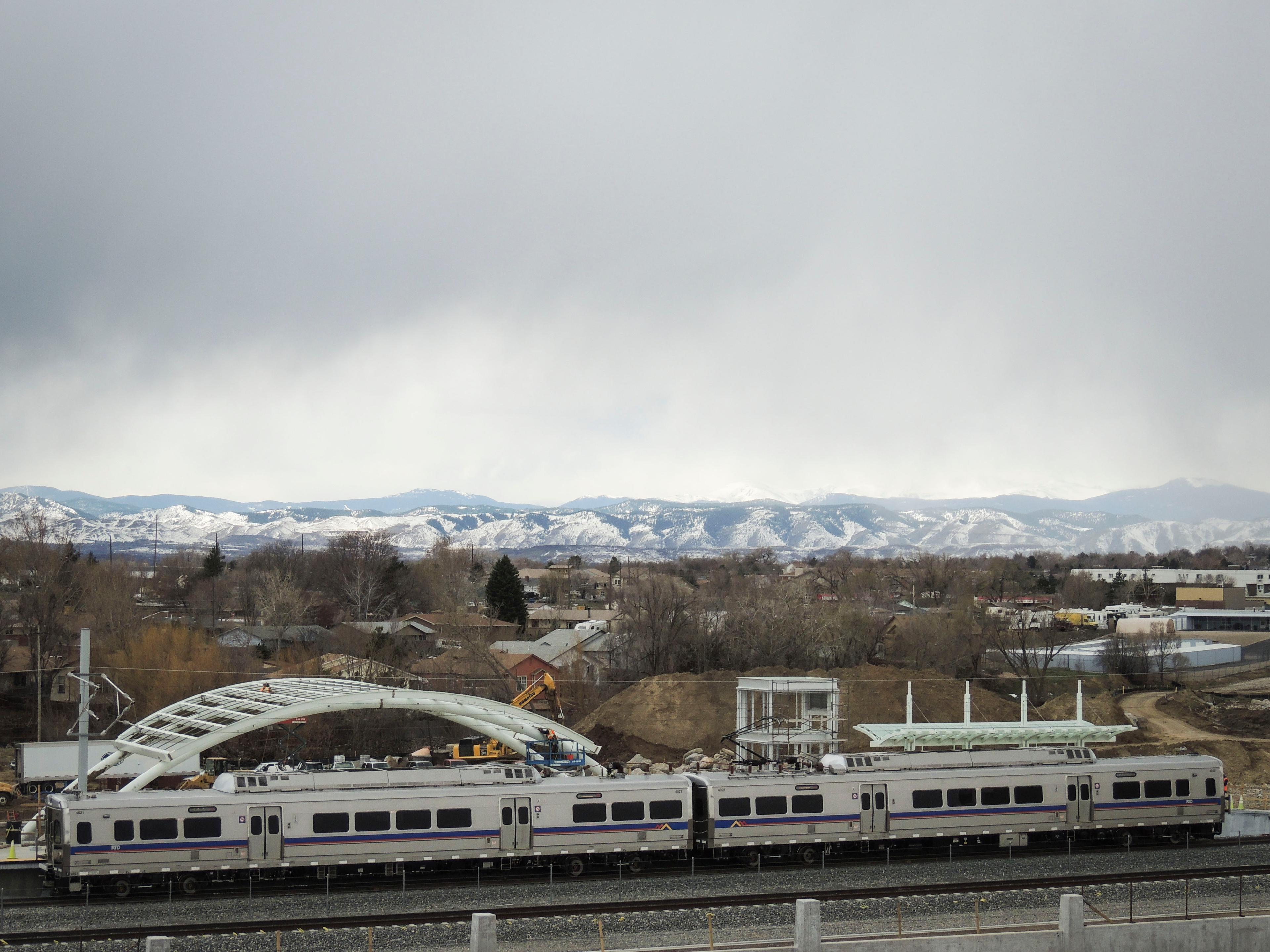
The Regional Transportation District board heard a sobering recommendation from senior staff on Tuesday night: Stop socking away millions of dollars every year for the agency’s unfinished train lines — including the long-delayed commuter rail line from Denver to Boulder and Longmont — or prepare to make deep cuts to bus service.
The discussion was part of RTD’s ongoing “Reimagine” effort that seeks to optimize service and put the agency on a path to fiscal sustainability. Staff have hinted at cuts in the past, but the need was made crystal clear this week.
CFO Heather McKillop said a 5 percent cut, in addition to the 3 percent cut the board approved last week, would be necessary unless RTD stopped saving for future FasTracks projects.
"If you used a portion of that, not even the whole thing, you could not only eliminate the need for additional reductions,” McKillop told the board, “... but you could also start adding service back.”
Staff will ask the board to make a decision by June, McKillop said. But that choice is borne out of pre-coronavirus financial figures, as board member Doug Tisdale pointed out.
"The picture that is presented here is, in effect, the most wildly optimistic scenario that we have right now. In other words, it really, we know, will be worse than we see here,” he said.
McKillop said fare revenue is down about 85 percent since the COVID-19 outbreak hit the state in earnest last month. She said she’s anticipating a hit to the other big piece of RTD’s budget, sales tax revenue. But the initial impact isn’t clear yet, and forecasts for coming quarters won’t come out until mid-May.
Another wildcard is the $2 trillion federal CARES act, which set aside $25 billion for public transit agencies across the country. RTD should know what it will receive from that package within a week, McKillop said. (Update 4/2: RTD says it will receive $232 million from the federal government.)
RTD finds itself in this position because of decisions it made years ago.
About five years after voters passed the FasTracks program, which promised more than 100 miles of passenger rail, the Great Recession and rising costs temporarily paralyzed RTD’s expansion plans.
The agency has completed, (or will soon complete, when the N Line opens), about 70 percent of the promised rail lines through a combination of funding maneuvers like a public-private partnership, federal grants, and a lot of borrowing.
"We used a tremendous amount of debt to be able to move those projects forward,” McKillop said.
According to documents presented to the board, the 0.4 percent FasTracks sales tax and accompanying fares are expected to bring in about $322 million in 2021. RTD will have to spend $185 million of that on debt service, leaving just $136 million for operations and other expenses.
That leaves little for unfinished projects, the most prominent being the B Line to Boulder and Longmont. And it’s a big reason why completion dates have been pushed out by decades and why RTD has incurred much derision from voters, elected officials and 9News anchor Kyle Clark.
Some transit advocates have said recently that the $1.5 billion price tag to finish the B Line, which is forecast to carry just 4,100 people a day, isn’t worth it anymore. But the RTD board has recently publicly committed to finishing it and other projects, and is still slowly saving for them.
Since a board vote in 2012, two years after RTD decided not to ask voters for more money, the agency has diverted FasTracks money — anywhere from $12 million to $20 million a year — that was supposed to increase bus service to a savings account for future projects. Now, the board may soon decide whether to divert that money back to buses.
"It seems almost unavoidable,” said board member Shelley Cook of Arvada. “And I'm worried that with the COVID impacts, that may not be even sufficient or close to it."
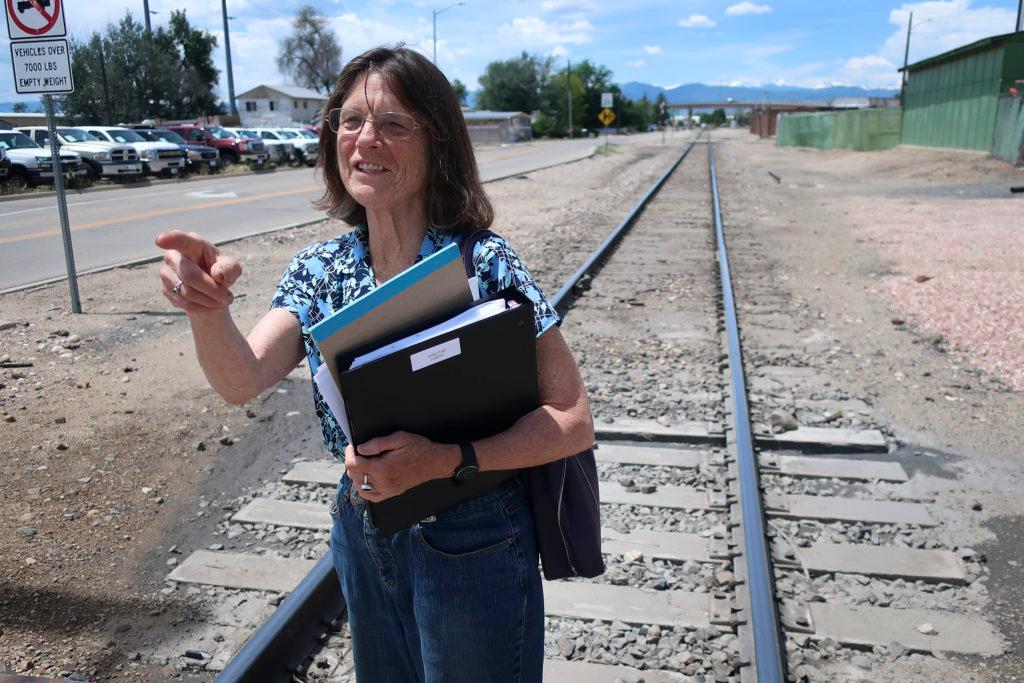
Board member Judy Lubow of Longmont said she’s hoping for a compromise to avoid “pulling the plug” on the project completely. “But I understand that may not happen,” she said in an interview.
Lubow said she isn’t ready to give up on the project altogether. It’ll be worth it in the long-run, she said, to help with Colorado’s efforts to fight climate change. She’s hoping for a new chapter in the ongoing conversation about the train.
"We're going to need to have a discussion about alternative funding sources,” she said. “And is the public interested in funding that? Because if not, I don't know how we're going to move forward."
“I'm still a cheerleader for it,” she added. “But I think we profoundly need to discuss the underlying finances and deal with the reality of what's going on."

